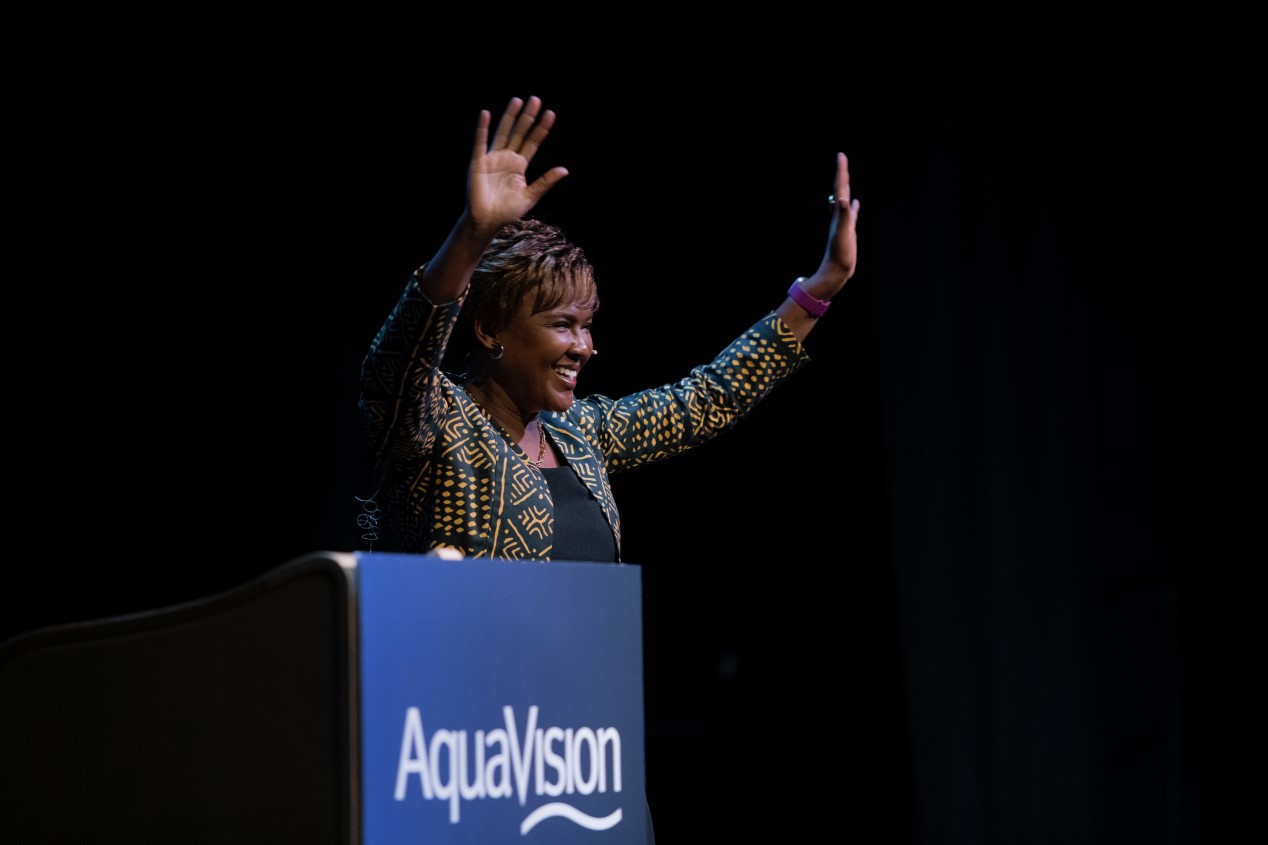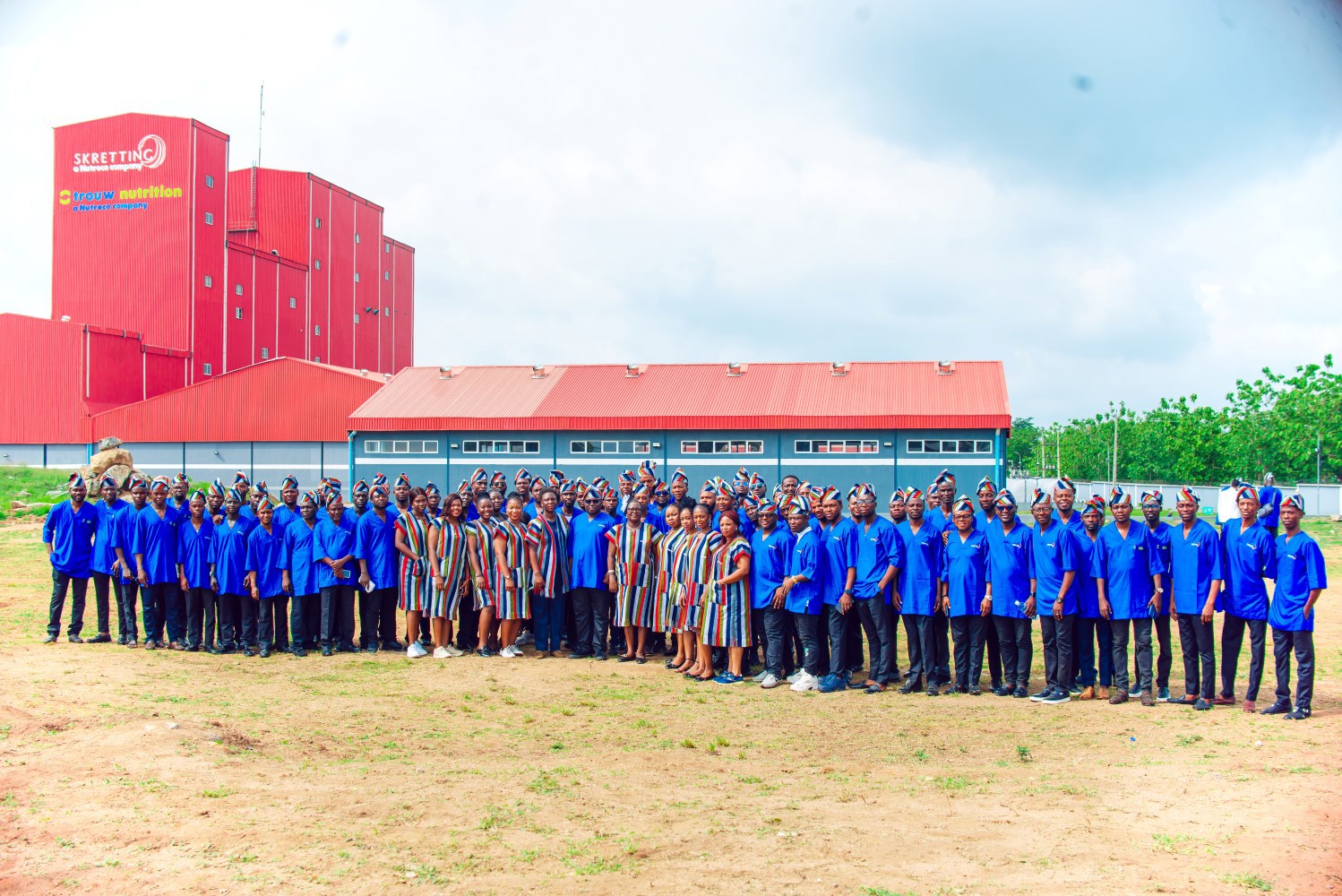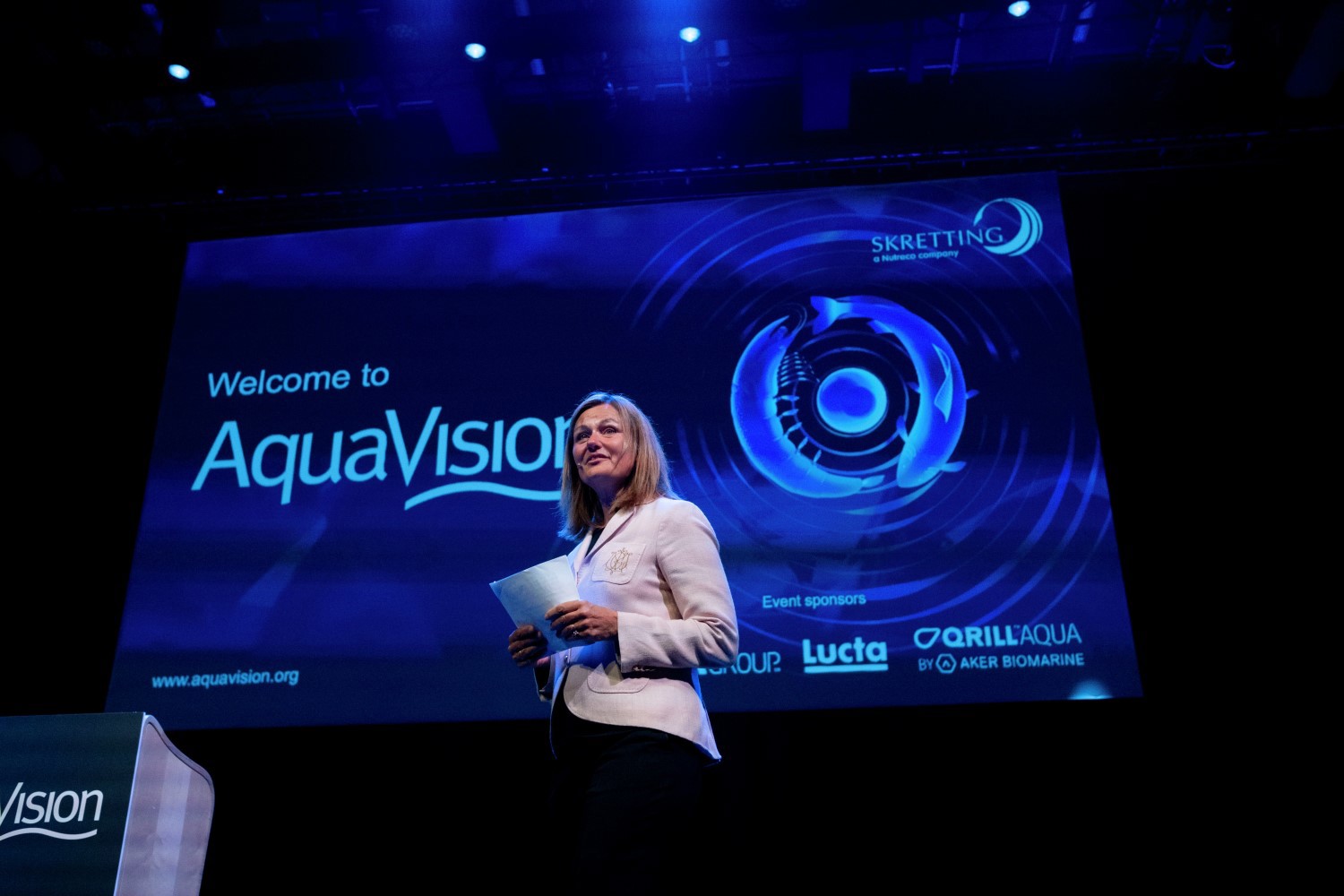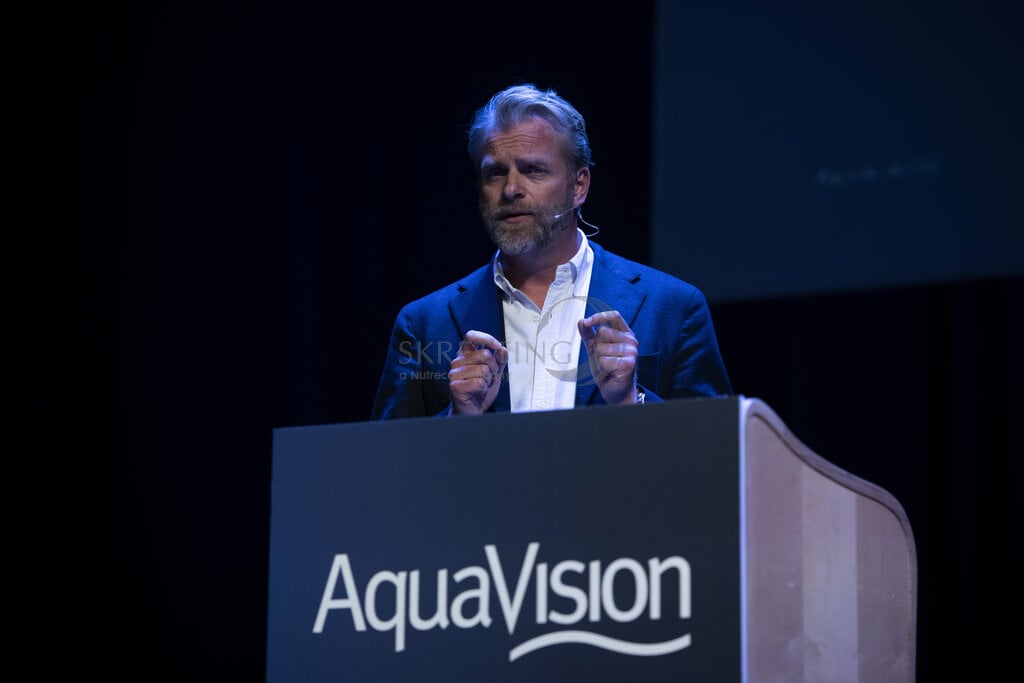There’s considerable potential in Kenyan aquaculture and plenty of scope to scale up the sector’s food production, but to put the country on the pathway to fulfilling its fish farming potential will require a complete overhaul of the current value chain, heard AquaVision 2022.
Kenyan aquaculture best advanced through local focus

Winnie Ouko, Founder and CEO of Nairobi-based corporate finance firm Lattice Consulting told delegates that fish and the farming of species are increasingly recognised as a means to feed Kenya but that the country today produces a very modest 183,000 tonnes of fish annually, of which only 12% is farmed.
Furthermore, Kenyans consume just 4kg of fish per person per year, while neighbouring Tanzania and Uganda eats two and three times that amount respectively.
“There’s actually quite a big gap in terms of the fish we could be consuming just judging by their levels,” Ouko said. “We have to take more control of our nutrition.”
Underlining the importance of increasing Kenyans’ fish consumption, she explained that while the country is one of the most industrialised nations in Africa, and its population’s average per capita income ranks among the continent’s highest, it has a 20% stunting rate for children aged five and under.
“That’s completely unacceptable,” Ouko stressed. “We have this nutrition issue and we have a livelihood issue – that’s where aquaculture comes in. A serving of fish is more nutritionally dense that a serving of beef or chicken. We know that fish convert their feed more efficiently into flesh and we know our capture fisheries are depleted. So, if we are going to grow fish consumption it’s going to have to be farming.”
We know our capture fisheries are depleted. So, if we are going to grow fish consumption it’s going to have to be farming.
There have been some signs of growth in the sector, with officials pointing to advances in feed technology and formulation, improved fish breeding and genetics and a growth in freshwater aquaculture production as reasons for the upturn.
At the same time, some capital has been made available, Ouko said.
But while the sector has been “doing well”, she told AquaVision that there’s still a lot of work to be done.
Although the feed capacity is going to be doubled and potentially trebled in the next 24 months, the raw material is going to be a challenge, particularly as most ingredients are currently imported, she said.
“We need to look internally for these inputs. We need to have conversations with our farmers about their productivity, and about their ability to be relied upon to feed into this value chain.”
Similar challenges face the sector with regards to securing a more micronutrients.
“And we need to work on faster, more reliable production. We need keep working on our formulations to meet the needs of the breeds that we have; and we need to fix the distribution problem – the small-scale farmers need to be able to get feed at an affordable price.
“Also, at the same time as working on improving fingerling quality, conversations need to begin on the introduction of new species. At the moment, production is based on freshwater species like Nile tilapia and African catfish – we are not talking about shrimp…yet.”
The new thinking doesn’t end there, she said, outlining amongst other things the urgent improvements that are needed in the processor to consumer stage of the value chain, including measures that address Kenya’s poor transport infrastructure and limited refrigerated logistics.
“And at the very end, we need to get consumers to appreciate that fish is a quality nutrient and that they need to eat more,” she said.


